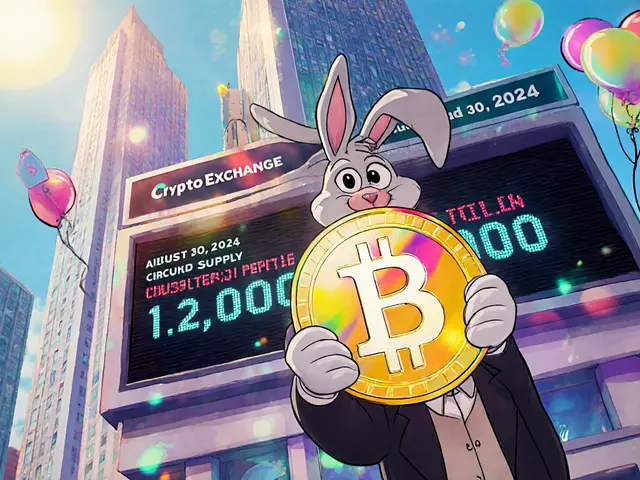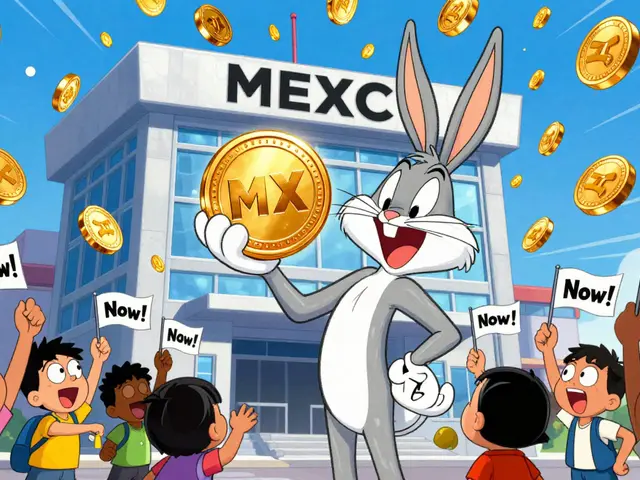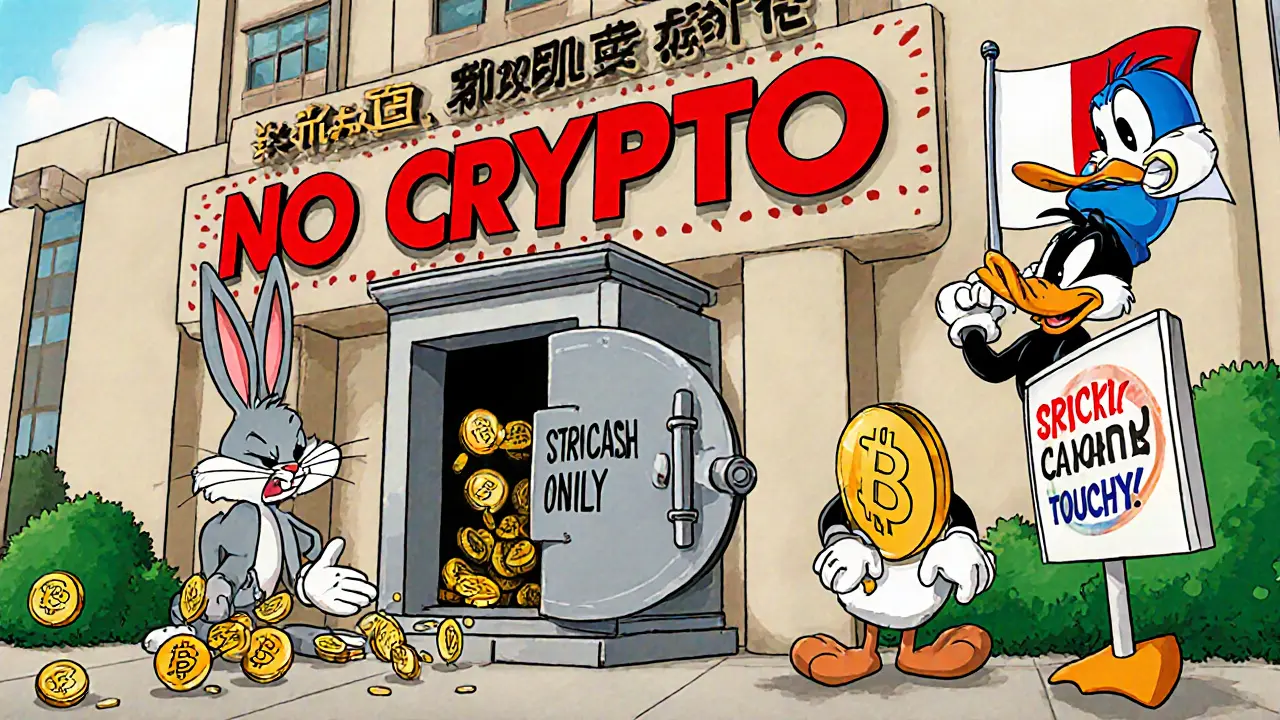
Taiwan Crypto Funding Calculator
Calculate Your Crypto Purchase Costs
Taiwan's banking restrictions mean you can't use bank accounts for crypto. See how much it costs using approved methods.
Estimated Total Cost
Note: Fees may vary based on payment method and market conditions. Current exchange rate is 1 USD = 32.8 TWD.
Taiwan doesn’t ban cryptocurrency. You can buy Bitcoin, trade Ethereum, and hold digital assets without breaking the law. But if you try to use your local bank account to fund your crypto wallet, you’ll hit a wall. That’s not an accident-it’s policy. Since 2014, Taiwan’s financial regulators have drawn a hard line: banks cannot touch crypto. Not for deposits. Not for withdrawals. Not even for credit card payments. This isn’t about stopping crypto. It’s about keeping it out of the traditional banking system.
Why Banks Can’t Touch Crypto
The Financial Supervisory Commission (FSC) made its stance clear in 2014: Bitcoin isn’t money. It’s a highly speculative digital commodity. That label stuck. And with it came a ban on banks offering any service tied to crypto-exchange, custody, or even processing payments. In 2022, that ban got sharper. Credit card companies were told: no more buying crypto with your Visa or Mastercard. The same rules that block online gambling and stock trading on credit cards now apply to digital assets. This wasn’t just about risk. It was about control. Regulators feared that if banks got involved, crypto could become a channel for money laundering, fraud, or systemic financial instability. By keeping crypto isolated, they reduced the chance that a crash in Bitcoin prices could ripple through Taiwan’s banking sector. It’s a firewall. And it’s working-at least from the regulator’s point of view.What’s Allowed: The VASP System
Taiwan didn’t shut down crypto. It built a parallel track. In 2025, every crypto exchange, wallet provider, or trading platform operating in Taiwan must be registered as a Virtual Asset Service Provider (VASP). No registration? No legal business. Fines hit up to NT$5 million (around $155,900). Jail time? Up to two years for repeat offenders. As of late 2024, only 23 companies made it through. MaiCoin is the biggest. It handles $70 million in daily trades and plans to go public on Taiwan’s stock exchange-a first for a local crypto firm. These VASPs follow strict rules: they must separate customer funds from company money, use top-tier cybersecurity, and report suspicious activity to authorities. It’s not perfect, but it’s structured. And it’s the only legal way to trade crypto in Taiwan.How People Actually Buy Crypto
If your bank won’t let you send money to Binance or Coinbase, how do you get crypto? You get creative. Most Taiwanese users rely on peer-to-peer (P2P) platforms. Think of it like Craigslist for Bitcoin-you find someone willing to sell, meet in person, pay in cash or via bank transfer to a third party, and get your crypto sent to your wallet. Some use international exchanges that are registered as VASPs, like Bybit or OKX, which have local compliance teams in Taiwan. These platforms don’t connect directly to banks, but they let you deposit via third-party payment processors or local e-wallets. Reddit threads in r/Taiwan and r/cryptocurrency are full of tips: “Use LINE Pay to send to a friend who trades,” “Cash deposit at 7-Eleven to a local trader,” “Use a friend’s overseas account.” It’s messy. It’s not ideal. But it works. And it’s why over 2.3 million people in Taiwan-about 10% of the population-still own crypto despite the banking block.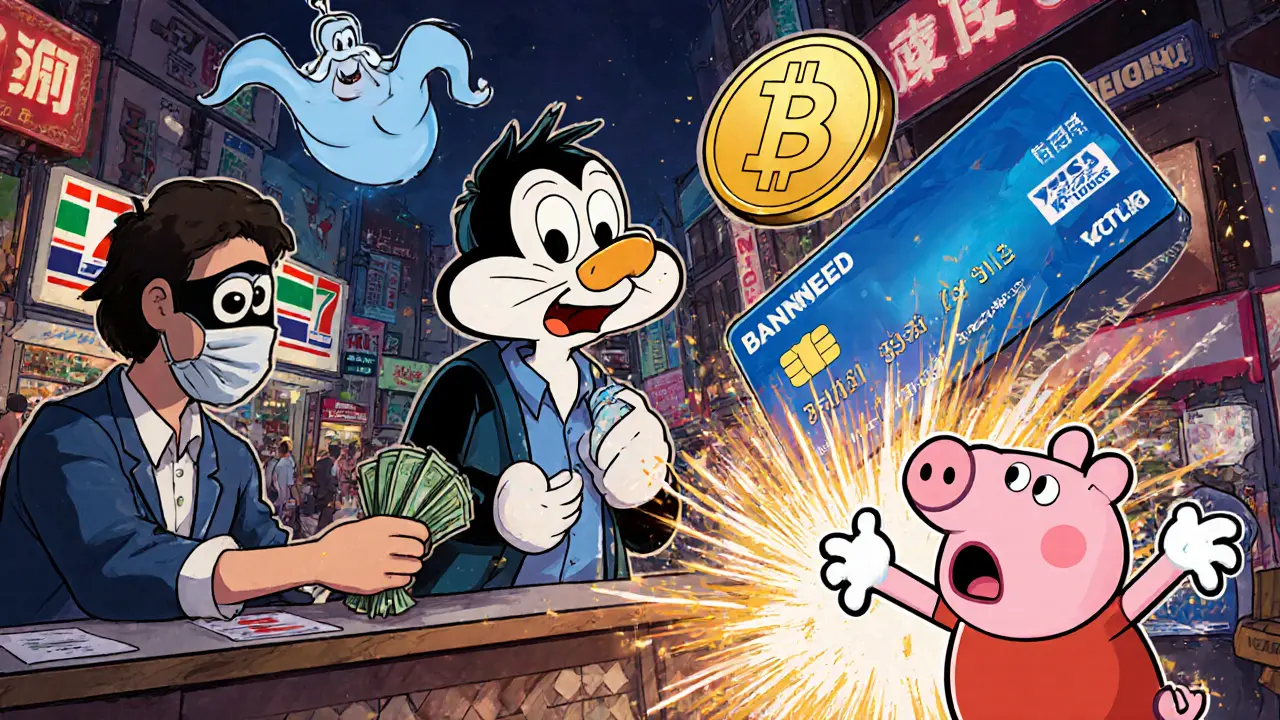
Stablecoins Are the New Frontier
The biggest shift coming in 2025 isn’t about Bitcoin or Ethereum. It’s about stablecoins-digital tokens pegged to real money. Right now, USDT and USDC are everywhere. But Taiwan doesn’t trust them. They’re issued by offshore companies with no oversight. That’s a problem. Starting in June 2025, the FSC will roll out rules for New Taiwan Dollar (TWD)-backed stablecoins. Only licensed financial institutions-think banks or approved fintechs-will be allowed to issue them. These won’t be like USDT. They’ll be government-supervised, audited, and tied directly to Taiwan’s monetary system. This is the first crack in the banking wall. It’s not about letting banks trade Bitcoin. It’s about letting them issue digital cash that’s as safe as a bank deposit. If this works, it could be the beginning of a new phase: regulated digital money, but still kept separate from speculative crypto.What’s Not Working
The system isn’t smooth. Crypto startups spend 3 to 6 months just getting registered. Setup costs run from NT$2 million to NT$5 million ($62,000-$155,000) for compliance tech, legal fees, and cybersecurity. Even after registration, most VASPs struggle to open business bank accounts. Payroll? Vendor payments? Rent? They’re stuck using offshore banks or cash-heavy workarounds. Some companies have turned to the Taiwan Virtual Asset Service Provider Association, formed in June 2024, to set industry standards. But there’s still confusion. One bank might refuse to process a payment from a VASP. Another might accept it. No clear rules exist for what counts as “supporting” a crypto business without violating the ban.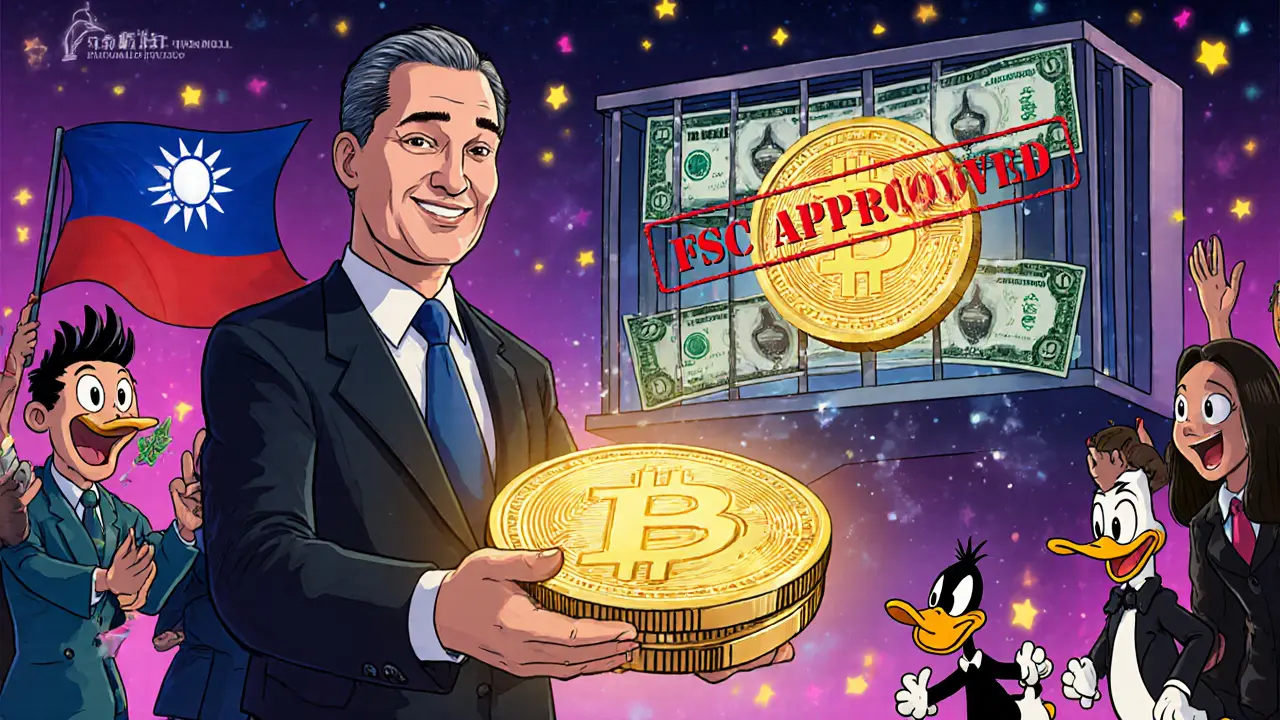
The Bigger Picture
Taiwan’s crypto market trades about $200 million daily. Bitcoin and Ethereum make up 65% of that. User growth is steady-15% year over year. People want crypto. They’re just doing it outside the banking system. The Central Bank is testing a Central Bank Digital Currency (CBDC) using existing digital voucher infrastructure. If it launches, it could change everything. A government-backed digital dollar might eventually be used for everyday payments-just like cash, but digital. And if that happens, the line between “crypto” and “digital money” will blur. For now, though, Taiwan’s model is clear: you can own crypto. You can trade it. But you can’t bank it. That’s the trade-off. Safety over convenience. Control over integration. And for now, that’s working.What’s Next?
Look for three things in the next 12 months:- First TWD stablecoin launch by a licensed bank or fintech
- More VASPs registering as the rules become clearer
- Testing of Taiwan’s CBDC in pilot programs
Can I use my Taiwanese bank account to buy Bitcoin?
No. Taiwanese banks are legally prohibited from processing any transactions related to cryptocurrencies, including deposits, withdrawals, or credit card payments for crypto purchases. This ban has been in place since 2014 and was reinforced in 2022. You must use peer-to-peer platforms, third-party payment processors, or international VASP-registered exchanges to buy crypto.
Are crypto exchanges legal in Taiwan?
Yes, but only if they’re registered as Virtual Asset Service Providers (VASPs) with the Financial Supervisory Commission. Since January 1, 2025, unregistered exchanges cannot operate legally. Only 23 companies have completed registration as of late 2024. MaiCoin is the largest and the first to plan a local stock market listing.
Can I trade crypto using a credit card in Taiwan?
No. Since July 2022, credit card companies in Taiwan are banned from processing payments for cryptocurrency purchases. This rule treats crypto like online gambling and stock trading-prohibited uses of credit cards. You must use cash, bank transfers to third parties, or e-wallets to fund your trades.
What’s the difference between a stablecoin and Bitcoin in Taiwan’s rules?
Bitcoin and other cryptocurrencies are classified as speculative virtual commodities and are banned from banking integration. Stablecoins, however, are being reclassified. Starting June 2025, only government-approved financial institutions can issue New Taiwan Dollar (TWD)-pegged stablecoins. These will be treated as digital cash, not speculation, and may eventually be used within the banking system-unlike Bitcoin.
Is Taiwan planning a digital currency?
Yes. The Central Bank of the Republic of China (Taiwan) completed a feasibility study for a Central Bank Digital Currency (CBDC) in late 2023. Prototype testing began in late 2024 using the country’s existing digital voucher infrastructure. If successful, the CBDC could become a government-backed digital alternative to cash-and potentially soften restrictions on digital money in the future.
Why do crypto businesses in Taiwan struggle to open bank accounts?
Even registered VASPs face resistance from banks because of the 2014 and 2022 restrictions. Banks fear regulatory penalties if they’re seen as supporting crypto businesses. As a result, VASPs often use offshore banks, cash payments, or third-party payment processors for payroll, rent, and vendor payments. This creates operational headaches and increases costs.
How many people in Taiwan own cryptocurrency?
As of late 2024, an estimated 2.3 million Taiwanese citizens-about 10% of the population-own cryptocurrency. Daily trading volume across registered platforms reaches $200 million, with Bitcoin and Ethereum making up 65% of activity. Despite banking restrictions, adoption continues to grow at 15% per year.


